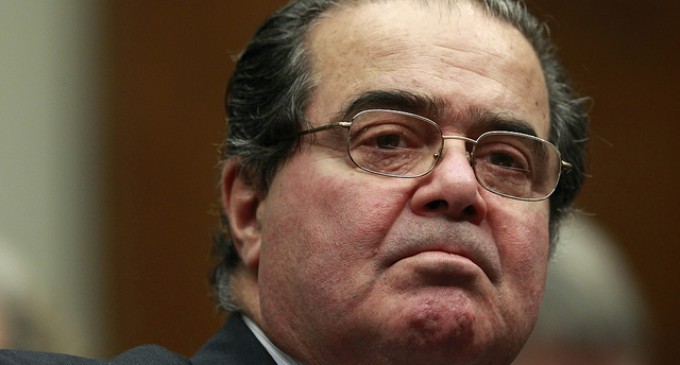
Constitutional giant Antonin Scalia has passed away this week, and while many immediately turned toward the prospects of his replacements, less interest has been placed on the great influence that we have lost.
As the court’s most devout defender of the constitution, Antonin’s passing may very well mark the passing of the Constitution’s role as the central document through which each decision must be weighed.
With Scalia’s death, the court has been turned over its now-liberal majority, and their belief that the constitution contains what they think it ought to contain, rather than what it actually says.
Scalia often proved this point with the cutting style for which he was well known. When confronted by people who morally oppose the judge’s decisions, Scalia would respond in a way that made clear the distinctions of want and constitutional need, “I even take the position that sexual orgies eliminate social tensions and ought to be encouraged,” he once said. He never did, however, make sexual orgies a legal requirement.
In his Obergefell v. Hodges dissent, he accused the liberal judges that made up the majority of not respecting that distinction, claiming their position lacked even the “thin veneer of law.”
The loss of Antonin Scalia further explains the tragic loss for constitutionalists across the country. Move on to the next page:

Not fan of his, but undoubtedly a giant. Still being provocatively sly in the timing of his death.
No way Jose.
No
You mean the beginning of the revolution ? Keep buying guns and ammo
We better pray for this Country !
Never
Follow Trumps plan: Delay, delay, delay…
Be Ready.
I pray no.
Republicans need to do what the Democrats have done in the past ……Read………During the 110th Congress, the Democratic leadership of the Senate specifically blocked Republican President George W. Bush from making any recess appointments with the use of pro forma sessions.
In 1960 the Senate passed a resolution stating that it was the sense of the Senate that recess appointments to the Supreme Court should not be made except under unusual circumstances.[15] Being a resolution, it has no legally binding effect, but was intended as an expression of the position of the Senate and as a guide to executive actions. The resolution passed by a vote of 48 to 37, mainly along party lines.[15] [16]